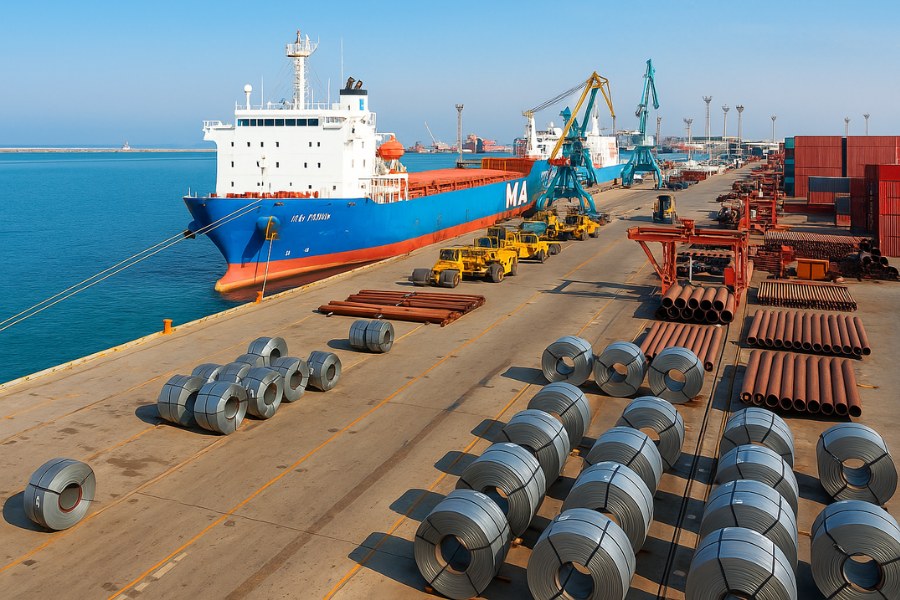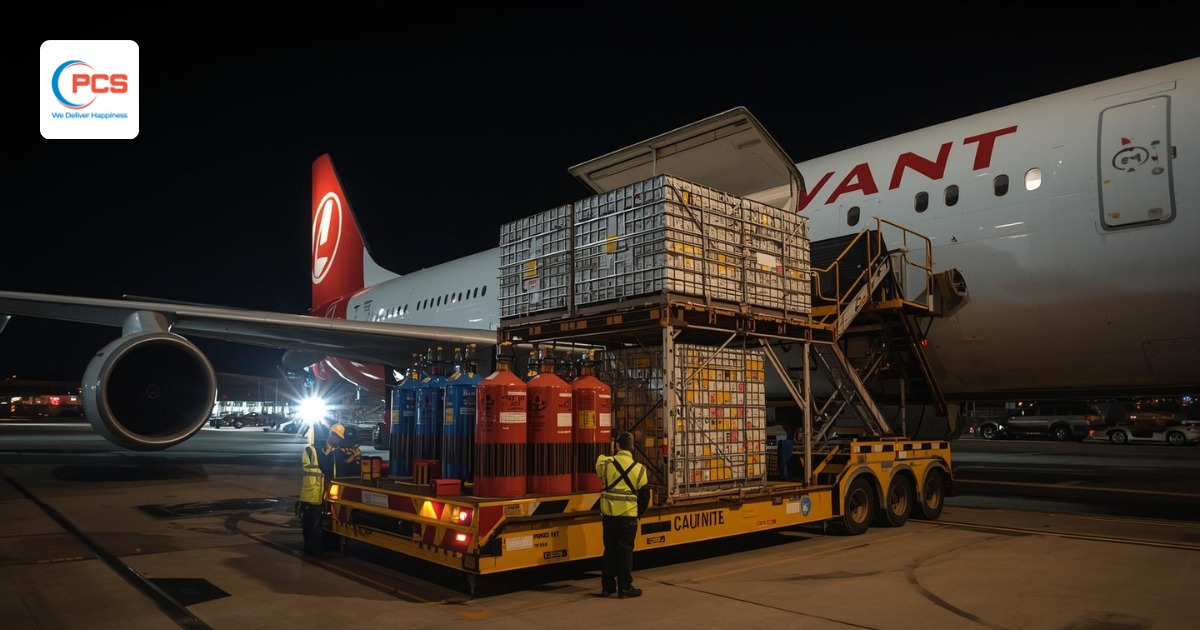Bulk and break-bulk shipping plays a central role in global trade, serving industries such as energy (oil, coal, gas), agriculture (grains), and heavy industry (ores, cement, steel). PCS Logistics provides bulk shipping services designed for large-scale cargo that cannot fit into standard containers, delivering tailored solutions for each shipment.
What is bulk cargo shipping?
Bulk cargo shipping covers commodities that cannot or do not need to be transported in containers. It includes both bulk and break-bulk cargo:
-
Bulk Cargo: raw materials shipped in large volumes such as coal, ores, grains, and fertilizers. These are handled directly with conveyors, grabs, or specialized port equipment.
-
Break-Bulk Cargo: heavy machinery, oversized equipment, industrial components, and project cargo. These are secured with pallets, crating, or reinforcement and loaded directly onto vessels.
Both types of cargo require careful planning, specialized handling, and strict safety measures throughout the journey.

Bulk cargo transportation services
Value for businesses
Bulk cargo shipping creates advantages where containerized transport cannot meet demand. Businesses benefit from:
Capacity for large and unique shipments
Industrial equipment, construction materials, or raw commodities in tens of thousands of tons can be transported without container limitations.
Expert consultation for every shipment
Each bulk or break-bulk shipment requires unique methods of packaging, stowage, and vessel planning. Businesses receive solutions that balance safety with cost efficiency.
Dedicated space and handling
Cargo is arranged and managed separately according to its characteristics, reducing risks of damage or mix-ups during international transport.
The bulk shipping process
Managing oversized and heavy cargo requires a structured approach. A typical bulk shipping process includes:
-
Survey and planning: assess cargo type, dimensions, and volume to design the right handling and transport plan.
-
Preparation and securing: crating, palletizing, reinforcement, or use of tanks and flexitanks for liquid cargo.
-
Loading at port: cranes, conveyors, or specialized equipment are deployed under strict safety supervision.
-
International transport: cargo is shipped on dedicated bulk carriers with continuous monitoring of schedules and ETAs.
-
Discharge and delivery: cargo is unloaded at the destination port and handed over for customs clearance or inland transport.
Cost in bulk cargo shipping
The cost of bulk cargo shipping depends on the type of cargo, shipment size, route, and port conditions. Main cost elements include:
-
Freight charges: calculated by weight or volume, bulk freight rates are competitive for large-scale shipments.
-
Specialized loading and handling: fees for cranes, conveyors, or heavy-duty equipment at origin and destination ports.
-
Packaging and protection: costs for pallets, crating, reinforcement, or protective liners to safeguard cargo.
-
Port and documentation fees: including terminal handling charges (THC), customs paperwork, and related port fees.
-
Surcharges and insurance (if applicable): fuel surcharges, peak season or security fees, and cargo insurance for high-value shipments.
Transparent pricing ensures businesses can forecast budgets effectively and avoid unexpected expenses.
PCS Logistics’ bulk cargo shipping service delivers safe, reliable, and cost-transparent solutions for cargo that cannot be containerized. With operational expertise, global carrier partnerships, and a commitment to efficiency, PCS supports businesses in maintaining a sustainable and agile international supply chain.







